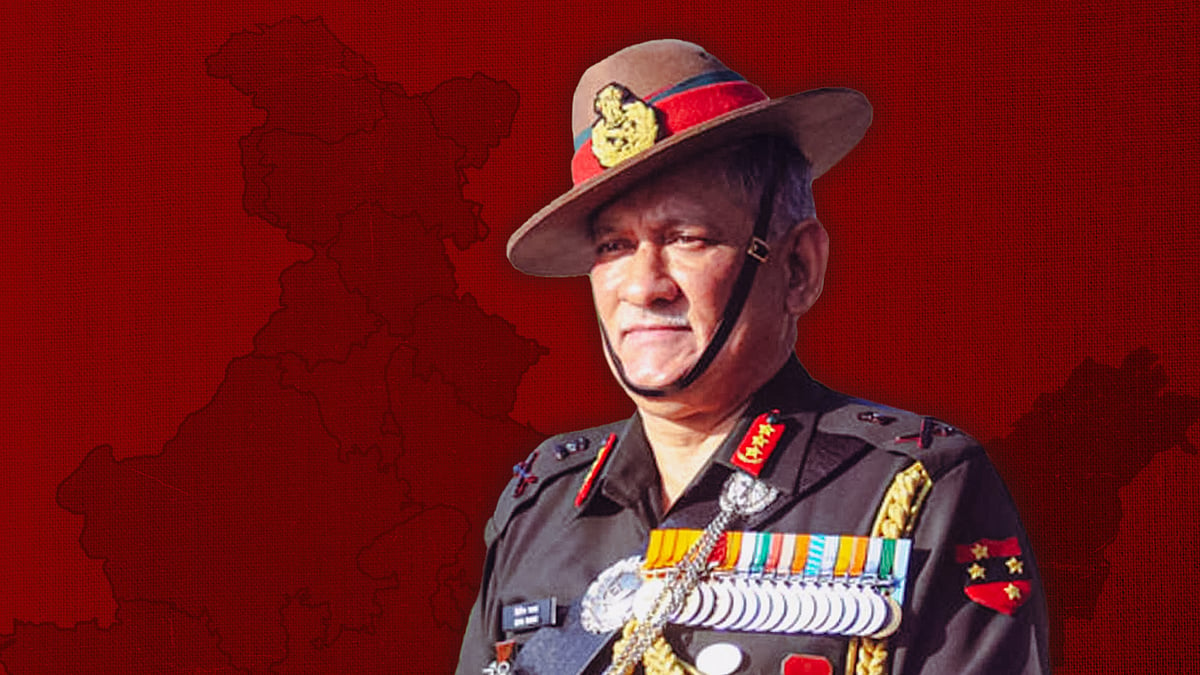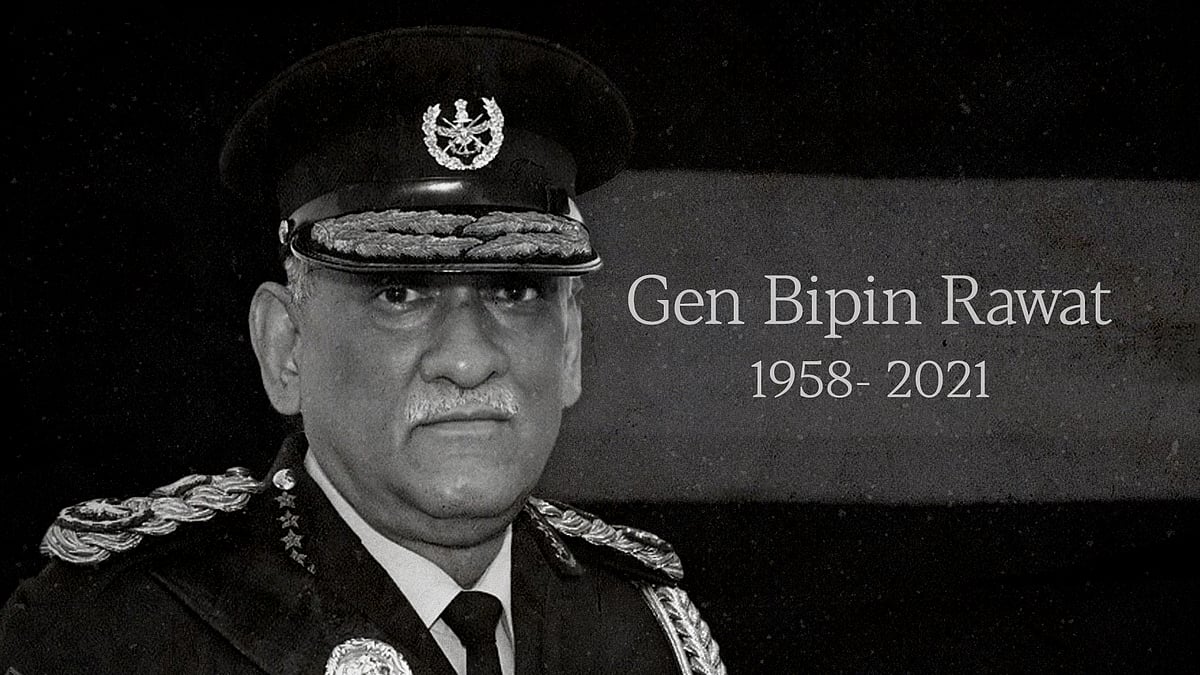What should India expect from its new Chief of Defence Staff?
Anil Chauhan ticks all the right boxes, but tough challenges lie ahead.
The appointment of Anil Chauhan, a retired lieutenant general, as India’s new Chief of Defence Staff has come not a day too soon.
It’s almost nine months since the country’s first CDS, General Bipin Rawat, tragically died in a helicopter crash. In the meantime, the Narendra Modi government amended the Service Rules, allowing even retired generals to be considered for CDS if they weren’t yet over the age limit of 62. Chauhan was already considered a strong contender for CDS owing to his 40-year experience, including his stint as the army’s eastern command chief and his current role as military advisor to the National Security Advisor, but the rule change brightened his chances of elevation to the top post. What’s more, he ticked a pair of important boxes – expertise on China and counterinsurgency experience in Kashmir and Northeast India.
Now that he is CDS, Chauhan’s last few months as military advisor to the NSA should serve Chauhan in good stead, equipping him to take a long view of India’s security and strategic priorities by blending operational military insights with the approach adopted by the capital’s top policymakers.
The office of CDS, at just four years old, is in a formative stage and Chauhan’s blend of experience should help him delineate the finer lines of its mandate within the military establishment and bring it in tandem with the strategic and security thinking of the country’s policymakers.
When the post of CDS was created in 2019, it was entrusted with a multitude of functions. Its occupier was to serve as chairperson of the Chiefs of Staff Committee, as principal military advisor to the defence minister, and as secretary to the Department of Military Affairs within the defence ministry. Although these functions were less directive and more coordinative, CDS was meant to recast the civilian and military decision-making authority within the defence ministry.
In military organisation terms, CDS was expected to bring in the theatre command. But given its lack of overarching powers over the three armed services, sceptics thought CDS had a more tokenist role than substantive. Even so, its coordinating role allowed for many possibilities to be explored, and some commentators were willing to wait for the elite military decision-making structures to settle.
“This new command structure is still to take concrete shape. As it evolves and systems and procedures get created and established, there will be jockeying for authority and influence between the civil and military officials within the defence ministry. How these equations develop will partly depend on the political leadership and partly on real-life situations. It is only in the midst of a real war that real power equations get settled,” Sanjaya Baru, former prime ministerial advisor, wrote in his book India’s Power Elite.
Rawat did actively explore such possibilities, however. In doing so, his short tenure of two years left a considerable legacy, and some unfinished tasks for his successors to build on. The new CDS would be alert to the pressing challenge of a two-front war posed by hostile neighbours in the north and northwest, a challenge that remains as serious as when Rawat took over. The internal security challenges can’t escape the focus either.
Alongside, the coordinating function of CDS means that Chauhan needs to bring four commands – maritime theatre, air defence, a pair of land-based commands countering threats posed by China and Pakistan – into an integrated structure.
The new CDS must also attend to the task of ensuring increased self-reliance in defence procurement. Curtailing dependence on foreign military equipment has become imperative now that India is keen on expanding and enhancing indigenous defence production. Managing the trajectory and pace of this gradual shift without compromising defence production, preparedness and the quality of military goods could be one of the key challenges for the news CDS. Particularly since as the bridge between the military brass and the political executive, Chauhan can’t lose sight of the fact that such objectives have to be attained within the country’s budgetary constraints.
Coming from the same regiment as his predecessor – 11 Gorkha Rifles - Chauhan inherits some of the same challenges to India’s security that confronted Rawat in no small measure. Piling on top of which are the new challenges spawned by the shifting sands of geopolitics. The new CDS cannot afford to lose sight of any of the old, new and emergent challenges. For, India’s present and future security outlook depends on it.
 After Gen Rawat’s unsettling death, India must swiftly appoint a new Chief of Defence Staff
After Gen Rawat’s unsettling death, India must swiftly appoint a new Chief of Defence Staff In the world of modern defence, Gen Bipin Rawat effortlessly straddled both continuity and change
In the world of modern defence, Gen Bipin Rawat effortlessly straddled both continuity and change